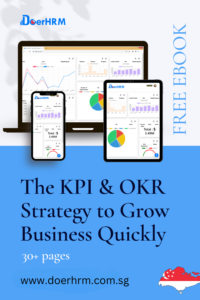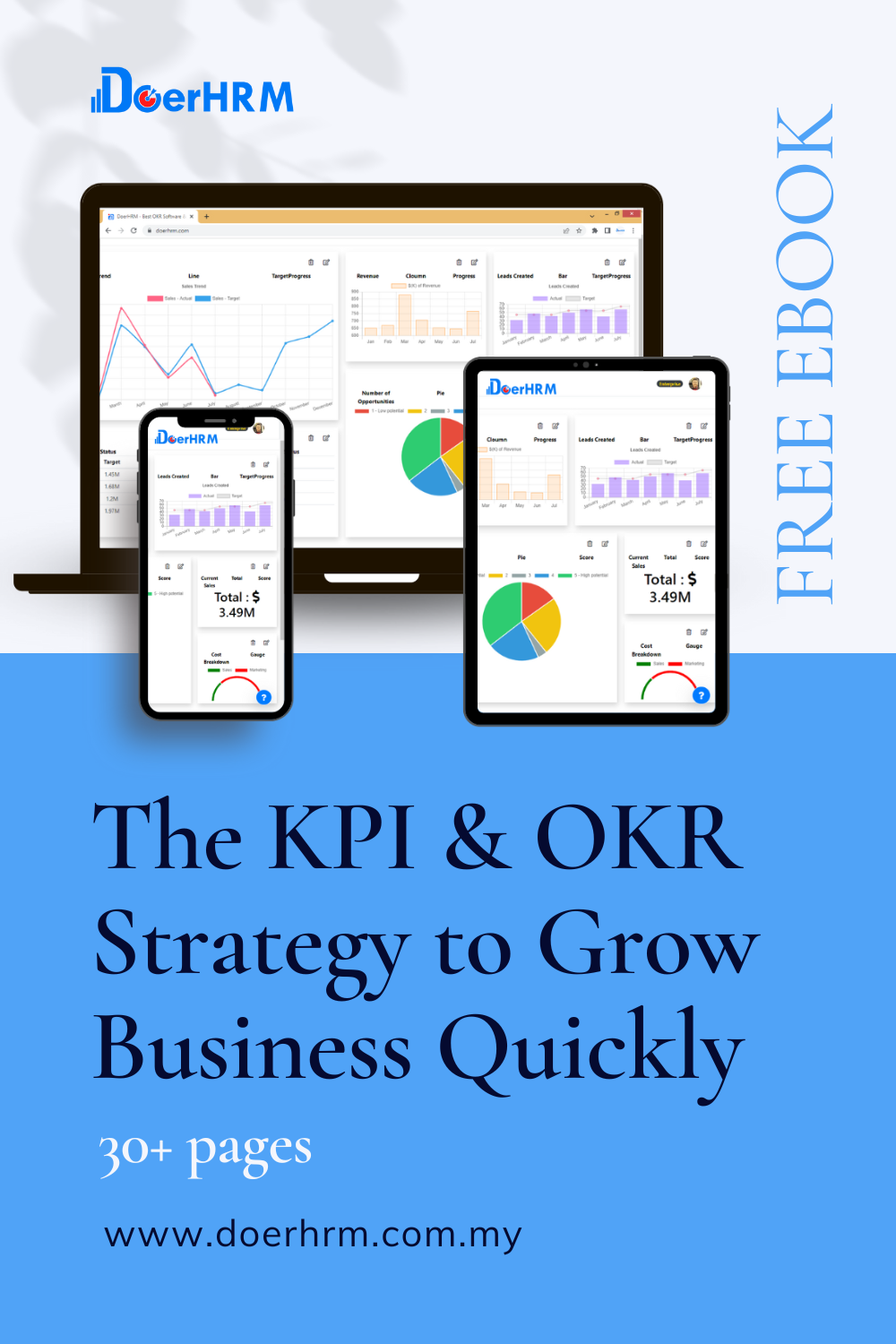The process of development has seen the establishment of numerous large companies across various sectors, achieving significant success. Progress is evident in almost every industry, with remarkable advancements in every aspect. However, it’s essential to acknowledge that misconceptions persist about various terms and concepts, including the terms “output” and “outcome.”
These two terms are distinct, but unfortunately, they have often been used interchangeably. While this confusion may go unnoticed by the general public, the crucial factor lies in understanding the difference between these terms. This distinction can determine whether an entity achieves mediocrity or brings about significant transformations.
For instance, a small organization, like a shop, primarily makes decisions based on its output. In contrast, a larger enterprise focuses on achieving outcomes. Given the ongoing debate surrounding these terms, gaining a clear understanding of their correct meanings is imperative.
Output and Outcome. The Difference

Output is defined as the actions or contributions that are made to reach an outcome. In the simplest understanding output is the service that you provide or what you produce. A successful output means the desired outcome. No matter wherever you are what you are doing output is really important as it decides the basis on which you will reach an outcome.
On the other hand, outcome is the result that comes as a result of your contribution or efforts. The simple thing about outcome can be understood with the concept that it is basically a milestone that you or your company want to reach or achieve. An outcome has a direct connection to the output. Having a great output means the desired outcome. The basic understanding of the differences between output and outcome is actually what matters most as the correct understanding is the key to success.
Understanding Output vs Outcome in Different Fields.

- Sports
Outcome is usually achieved by the actions you take to get a desired result. A sports club induct players and trains them to the hardest limit. Now usually people will say that the players are the outcome but it is the wrong concept. Players are actually the output. On the contrary, the players play in international matches and contribute to the team. The performance is dependent on the training they receive and their individual skills. As the things go on progressing they will eventually play in international tams and make a shining record. This is the real outcome. Their average score is the data that will be used to calculate the outcome.
So, the sports club had players as an output and their great performance is the outcome. It was considered that the outcome was achieved as the people had a liking towards them as well as the player’s average scoring has shown great results. It is clearly shown that the outcome was dependent on the output of the sport club clearly elaborating the relation between output and outcome.

- Project Management
The same goes for a project management team. Say a project management team gets a project then it’s obvious that they want to get the best results out of it. They will take all the necessary actions and get themselves to work. The Harvard Management company that was in charge of the construction of Harvard University worked days and nights on the project. The endowment fund for the whole project was $37.6 billion. The project was dealt with great zeal and care. The management team’s goal was to get the maximum better results.
Now upon discussion on a seminar it was found that the people there considered the building to be the outcome for that project while they were completely wrong about it. The construction of the building was actually the output from the project. The establishment made an annual return of 12.6% in the fiscal year of 2015. This was a huge success and the real outcome of all the output from the project.

- Business
The understanding of difference between output and outcome for a business in also important. Now, running a business is all based on digital media but still measuring output is more easy than measuring outcomes. It’s easy to understand with a simple demonstration.
A local pizza shop supplies a great deal of customers. The basic output of the shop is the pizza that it makes. The outcomes can be any expectation that the owner has say customer satisfaction. For that an activity is done among the customers about their review about the shop. Now asking a single customer will not give the proper information to assume the outcome. all sort of opinions is acquired and then depending upon their reasoning the result is calculated; whether the customers are satisfied from the services or not?
As far as it is concerned, the difference between outcome and output is really a “difference”. Both of them are equally considered under the wrong impression. Output is usually easier to measure as compared to outcome as it is both qualitative and quantitative information.
On the other hand, output is general result from an action or activity performed. Too often working organizations are only measuring outputs and they think that these efforts are enough. Sometimes a perception that it is too hard or impossible to measure outcomes stops leaders from collecting outcome data. This defective thinking makes it difficult for organizations to demonstrate to funders how their organization is achieving their mission.
When it comes to the discussion of outputs vs. outcomes you can take the following basic steps:
- Describe the outcome you want to achieve. The key reason why you are doing this activity what is your core demand?
- Turn the identified outcomes into a quantitative measure (what are your sales? How many people visit you?)
- Confirm that your desired outcomes are actually linked to your outputs or activities. In other words, ensure that it is reasonable to expect your desired outcomes to be achieved based on your activities
- Take the necessary actions to ensure the desired results and take proper measures
- Demonstrate and increase your success because you have the data to confidently and appropriately communicate your impact and value.
Require assistance in defining and establishing your outcome measures? Count on Measurement Resources to guide you!






